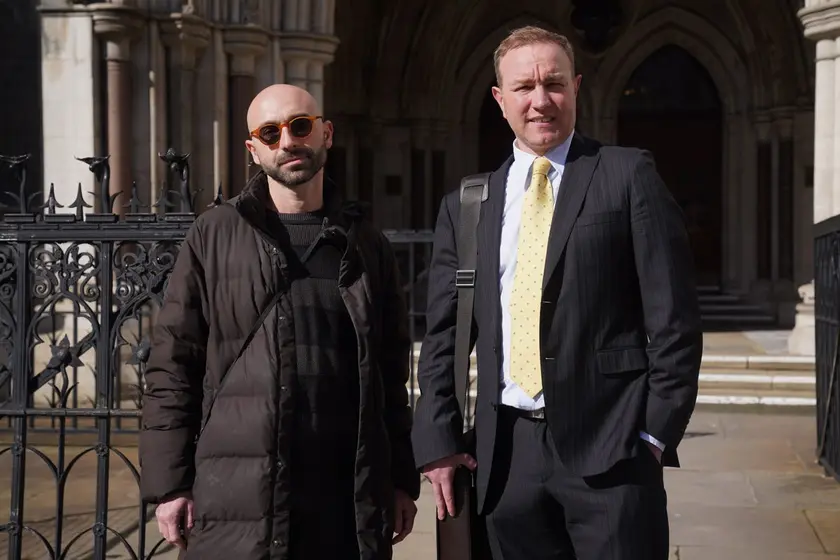T4K3.news
Guilty verdict in Birmingham conspiracy case
Aimee Betro convicted of conspiracy to murder after an attempted shooting in Yardley; sentencing pending.

Aimee Betro disguised in a niqab was convicted of conspiracy to murder in a planned attack in Yardley
Would-be niqab assassin found guilty of conspiracy to murder in Birmingham
A Birmingham Crown Court heard that Aimee Betro, 45, originally from the United States, traveled to the United Kingdom as part of a revenge plot against a feuding family. Wearing a niqab, she aimed a handgun at Sikander Ali outside his Yardley home on September 7, 2019, but the weapon jammed. Betro fled to the United States as the case against her co conspirators Mohammed Aslam and Mohammed Nazir progressed in court.
Betro has now been found guilty of conspiracy to murder and will be sentenced at a later date. The jury’s verdict follows a case that highlighted how personal feuds can escalate into violence across borders and how disguises can complicate investigations.
Key Takeaways
"Disguises can mask intent, but they cannot mask guilt."
Judge's remark during verdict
"A personal feud that crosses borders demands careful policing and a steady hand from the courts."
Editorial interpretation of case implications
"The attempted attack reveals how quickly aggression can pivot from private feud to public danger."
Incident summary
The verdict underscores the challenges of prosecuting crimes that involve disguises and international travel. It raises questions about how investigators connect a plan formed abroad with actions carried out in another country. It also points to the role of cooperation between jurisdictions in solving cross border violence.
The case invites a broader discussion about security and civil liberties when religious attire is involved in crime. It reminds us that fighting violence includes scrutiny of policing tactics and the way communities perceive safety in diverse neighborhoods.
Highlights
- Disguise is not a shield for crime
- Feuds travel, but the law follows
- Guilt arrives even when plans fail
- Accountability crosses borders with justice
Public reaction risk tied to a religious garment in crime
The case touches on religious attire and cross border crime, which could spark public debate about safety, policing, and civil liberties. The outcome may influence community relations and policy discussions.
Accountability travels with the law, wherever the case begins
Enjoyed this? Let your friends know!
Related News

Betro convicted in UK conspiracy case

US woman convicted in Birmingham plot

Cassie Ventura Posts on Instagram After Diddy Trial

Family jailed for serious drug smuggling operation

Sean Combs challenges prostitution-related convictions

Supreme Court quashes Tom Hayes's Libor conviction

Merseyside jails 66 criminals in July

Macron couple sues Candace Owens for defamation
